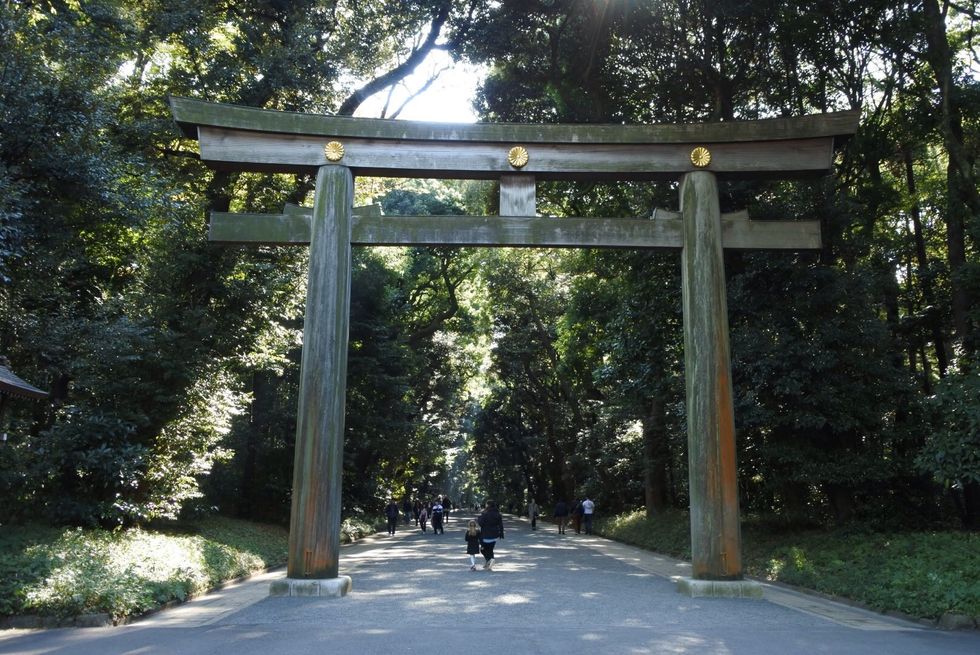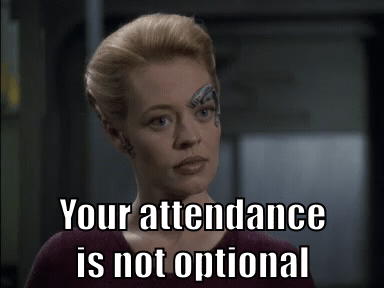Living in Tokyo it's inevitable that you will have to ride the train every day if you plan on going anywhere. The train is usually very convenient and rarely ever late. When the train is late (usually less than a 5 min. delay) the train station will give you a slip to give to your boss or teacher excusing you for being late due to train delays. When the new Fall semester started and everyone was going back to school and work again I realized that the train was having more delays than usual. On the train, it will give a little notice of the delay and the reason why. The reason why that showed up most often was "personal injury". I wasn't quite sure what that meant so I asked a Japanese friend about it. They told me it usually means that someone jumped in front of the train and committed suicide. It shocked me a little that they talked about it so nonchalantly, but what shocked me more was the longer I lived the Tokyo, the more apathetic I became. Not a week would go by without a delay due to a "personal injury". I knew suicide was a problem in Japan, but I had no idea it would be something I would constantly face in my everyday life.
In Tokyo alone, more than three hundred deaths a year are because of "personal injury". Japan has one of the highest rates of suicide among developed countries and has historically been part of Japanese society for centuries (i.e. seppuku, ritual suicide). Even though it is so common it is rarely ever discussed publicly. It is seen has a taboo topic and even after living in Japan for a year I never once saw a single news report or article about suicide. Compared to America where mental health is a very public topic, it was a culture shock I never considered before. Talking to my Japanese friends about it, they even felt uncomfortable with the subject. When I asked them how they felt about "personal injury" delays they merely saw it as an annoyance and inconvenience. Yet I completely understood their view. It made me uncomfortable that even though someone had just lost their life a few train stops away from me I saw it as an inconvenience. When it's something you confront on a daily basis it becomes just as a banal as any other everyday event.
Being aware of this new thought process and my assimilation into this aspect of Japanese culture it made me realize that social norms are powerful. Everyone else lived with it on a daily basis without turning ahead so why shouldn't I? In the moment, I don't know if there was anything I should have, or even could have done differently. However, being able to view the event from an insider's perspective showed me how important it is to be able to look at a situation from different points of views. It may look like a questionable reaction to such a horrific-seeming event to one person, but it's a completely different experience for the person that lives with it on a day-to-day basis. Having the knowledge of the cultural and historical context of a social norm brings an understanding and connection with the people who live with it.















































